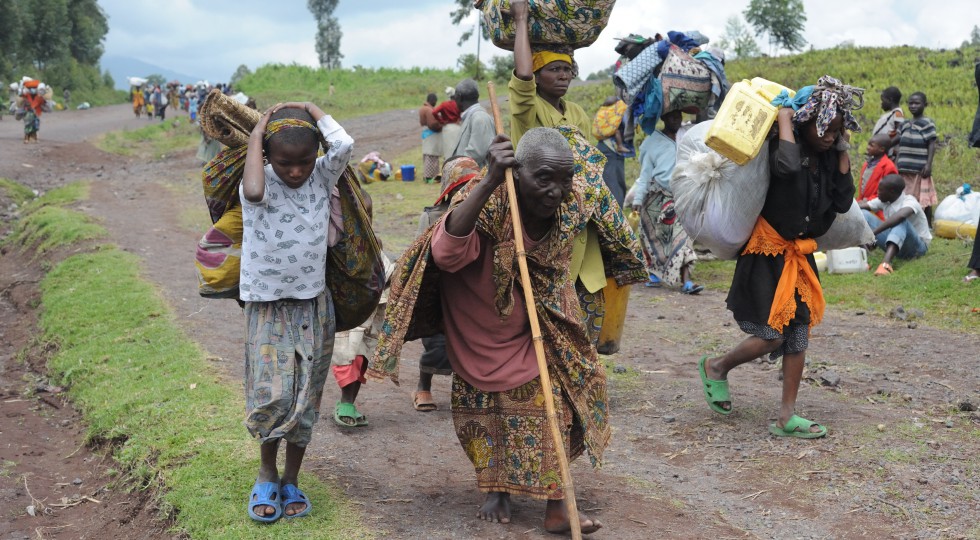Narratives of the Excluded and Invisible: Understanding Nuances in Internal Displacement and Migration from Ethiopia, Mongolia, and the Philippines

Presented by: Dereje Regasa, Bayartsetseg Terbish, & Dan Jezreel Orendain
Moderator: Prof. Ine Lietaert
Concept Note
Forced to flee their homes due to conflict, violence, and natural or man-made disasters, internally displaced persons (IDPs) are one of the most vulnerable groups. They run high risks to be marginalized and exploited economically, they often lack access to durable and secure housing and thus find shelter in informal settlements, slum, and danger zones, and are often excluded from social and health services. Rising to an all-time high in eight years with 33.4 new displacements in 2019, the number may grow with threats of climate change, global warming, sudden and slow onset disasters, increasingly interconnected and complex risks, and the lack of durable solutions. Yet, IDPs remain largely ignored and invisible. There are no legally binding protection frameworks governing IDPs or specific international organization entrusted to protect them.
In this webinar, we delve into the experiences of IDPs and internal migrants from three settings. Dereje Regasa (UNU-CRIS/UGent) discusses the dynamics of internal displacement and consequences of working with policy labels on understanding IDPs in Ethiopia. Bayartsetseg Terbish (UGent) talks about the internal migration thread in Mongolia where migrants face numerous challenges and inequality at destination in Ulaanbaatar. Dan Jezreel Orendain (UNU-CRIS) explores how lack of specific strategies and durable solutions for IDPs in Davao City leads to cyclical displacement in the Philippines.
This webinar aims to challenge current definitions and understanding of internal displacement, by bringing concrete evidence and experiences from three settings into the debate. We raise the question to what extent the dominant conceptual framework defines the dynamics of internal displacement in different contexts? How do we differentiate internal migrants from IDPs? Is movement defined by distance, geopolitical boundaries, or access to basic services? More importantly, when does displacement end?
In answering these questions, we lay better groundwork for responsive and informed policies and strategies that reduce their vulnerability, decrease their exposure to risks, and increase their coping capacity.
Thursday 15 October 2020
10.00 - 12.00
UNU-CRIS, virtual
This webinar is free of cost, but registration is required. Further information will be sent to you how to join this webinar prior to the event.
Registrations are now closed.
Upcoming Events
Similar Events
No events found.


